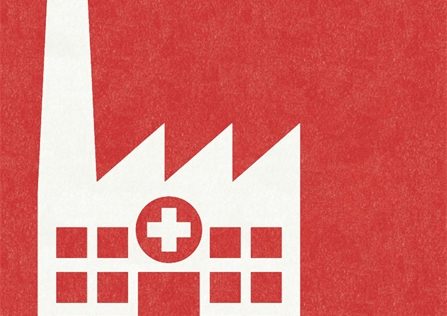
Bankruptcy as Social Safety Net
By paying greater attention to who files bankruptcy, we can learn a great deal about the social and economic disparities that plague our society. By reforming and expanding access to bankruptcy, we can chip away at some of these disparities.


![A pinback button for the People's Church / Iglesia De La Gente. The background of the button is light blue. At center there is a yellow cross with white accent behind it. A black chain is on either side of the cross. Black text around the top reads [People's Church]. black text around the bottom reads [Iglesias De La Gente]. The back of the button has a metal pin with a clasp.](https://lpeproject.org/wp-content/uploads/2022/05/NMAAHC-2013_68_147_001-1-450x452.jpeg)


